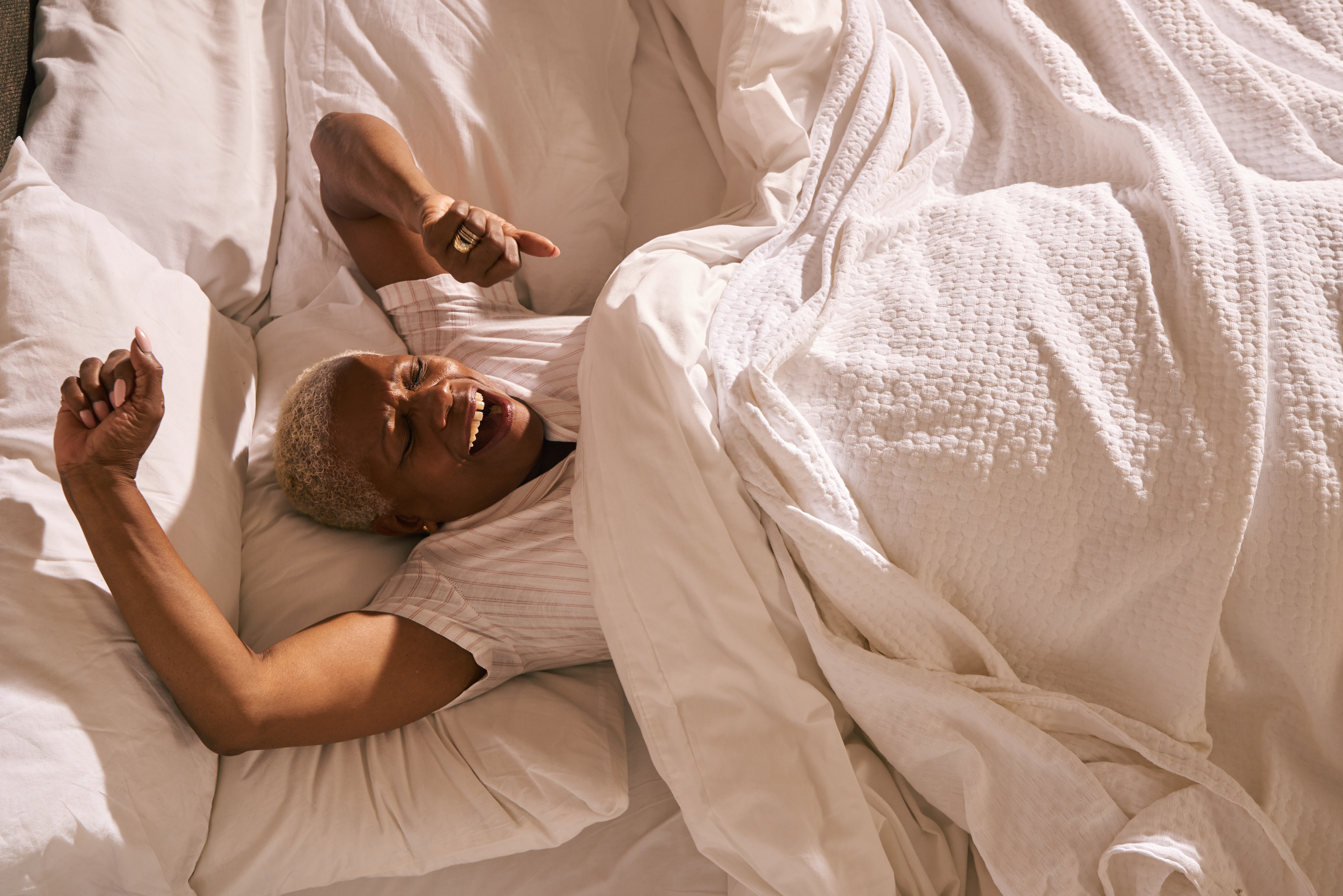AARP Hearing Center

Every November, Americans turn the clock back to gain an extra hour of sleep. And although the extra shut-eye sounds dreamy, even a one-hour change in our sleep cycles can affect our sleep patterns for up to one week, according to Harvard Health Publishing.
To help you navigate the sleep challenges during the start and end of daylight savings, we’re bringing back Dr. Erin Cassidy-Eagle from Stanford University for Part 2 of Getting a Better Night’s Sleep as We Age.
Join us for Tea & Coffee Tuesday on November 9th at 9 am for a conversation about sleep and end of daylight savings, seasonal anxiety and sleep, as well as unanswered questions from the first event.
Click HERE to register today. For questions, contact Atesha Jones at aajones@aarp.org.































































